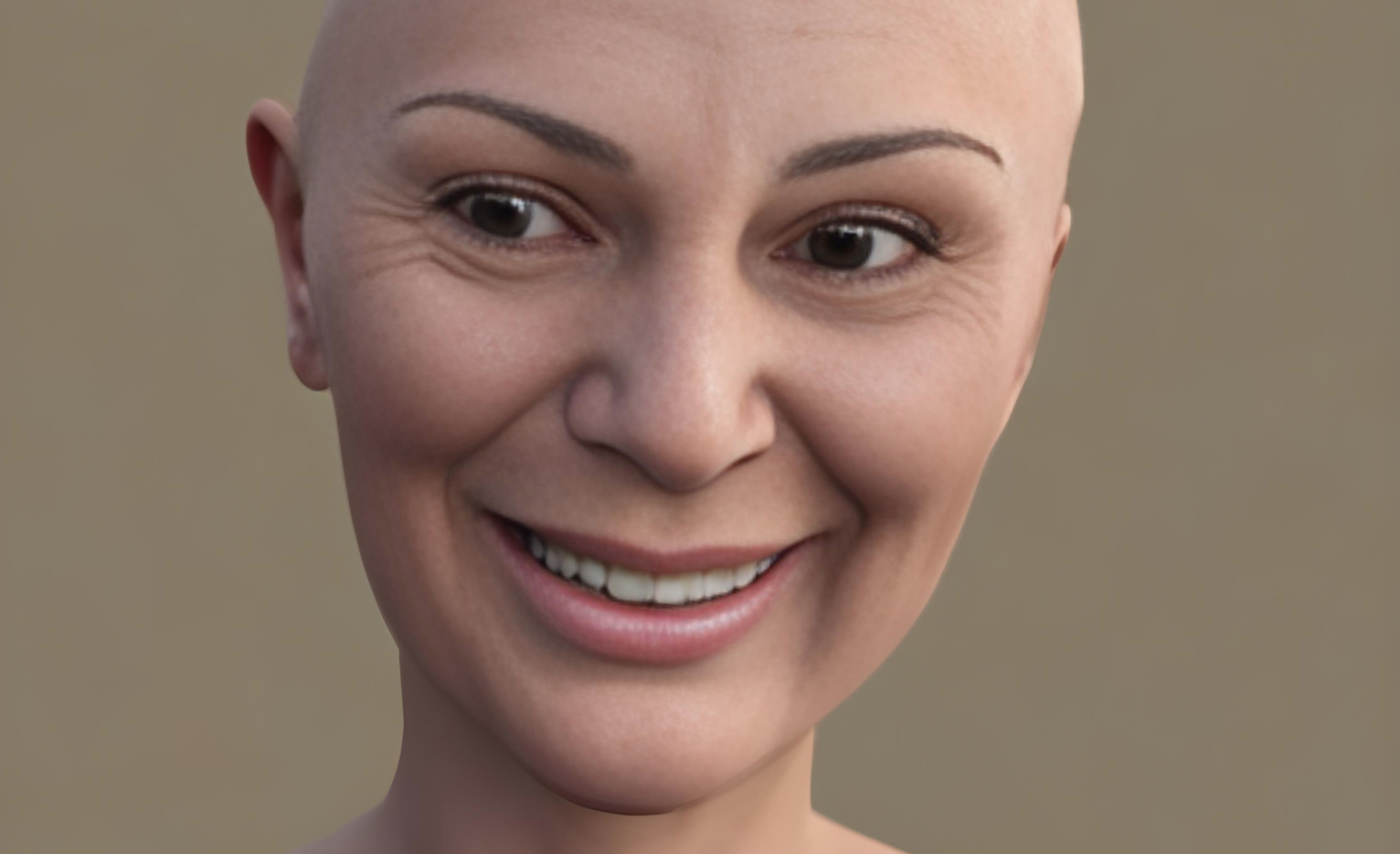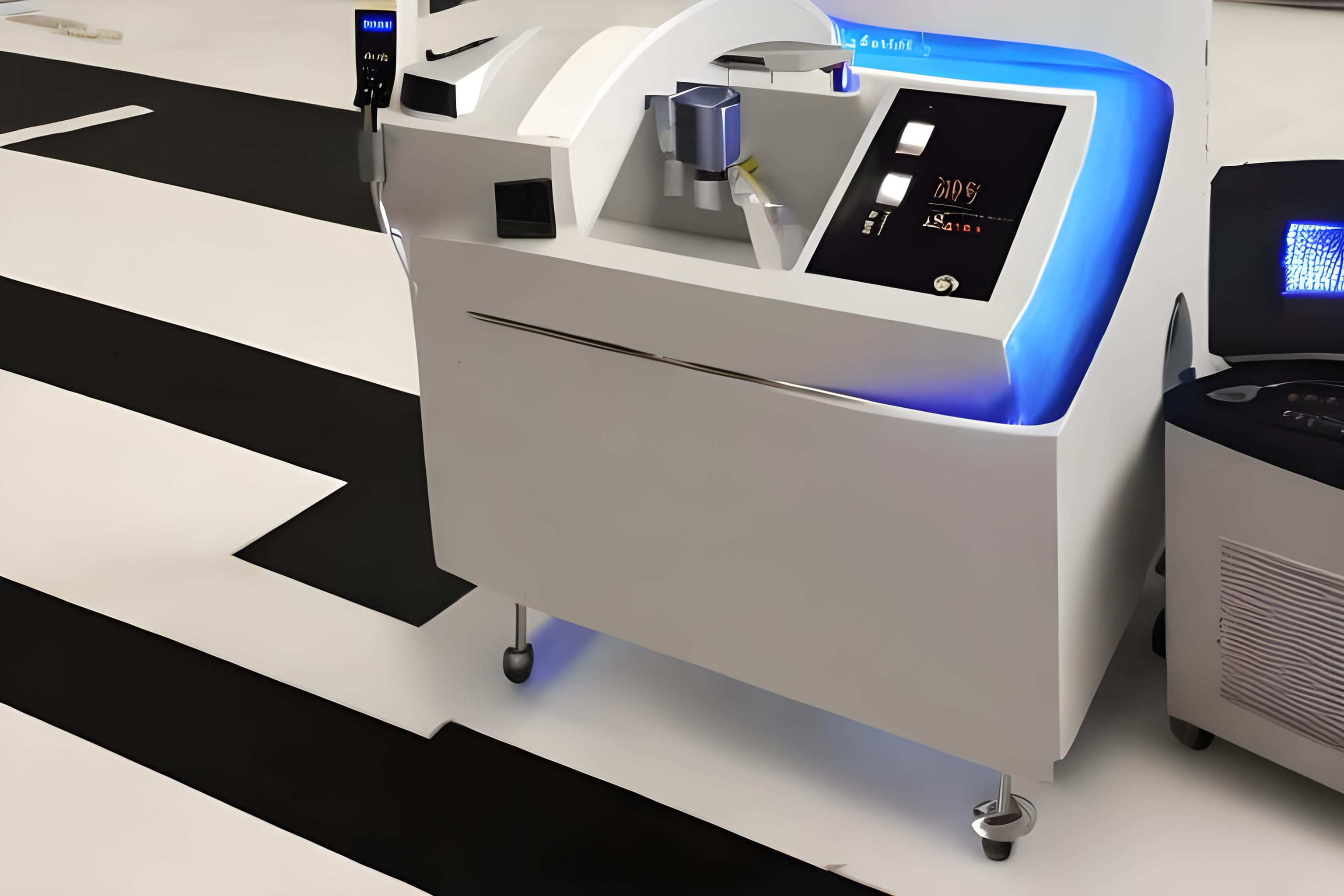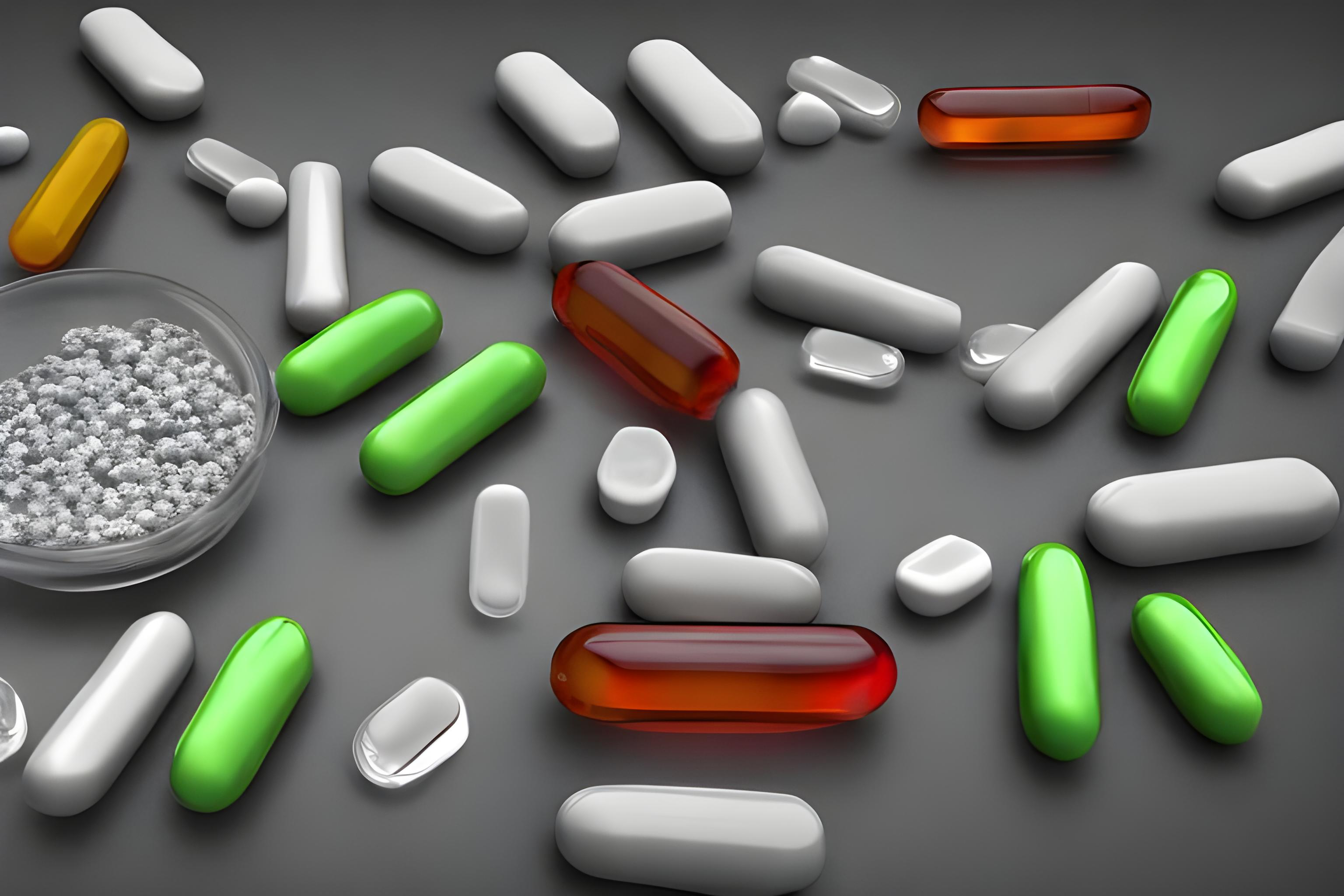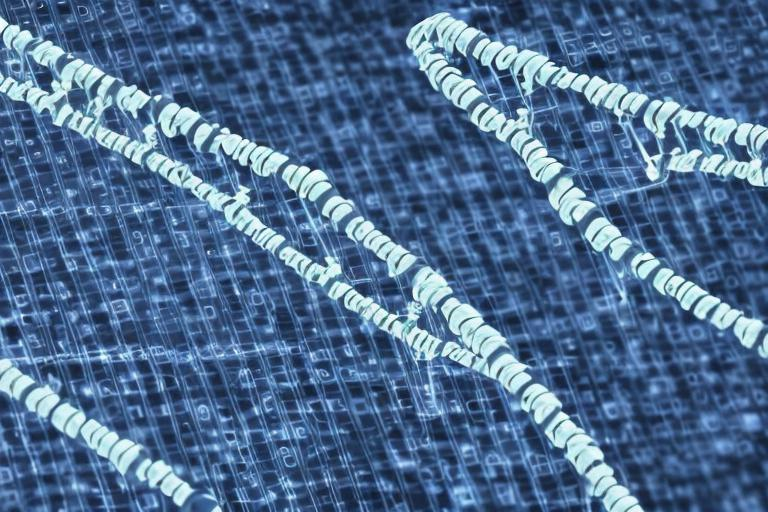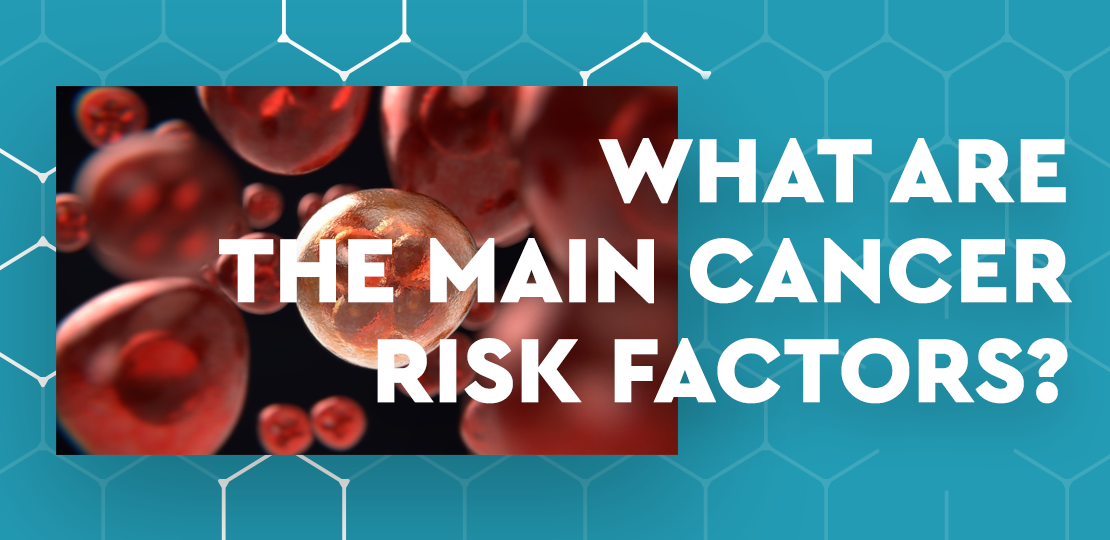
A risk factor is something that increases the likelihood of developing a disease.
5 risk factors for developing cancer are linked to our lifestyle:
1. Tobacco consumption: cigarettes, cannabis, shisha, or cigars. Smoking is responsible for many cancers: including lung cancer, but also bladder, breast, and colorectal, among others.
2. Alcohol consumption promotes breast, colorectal, esophagus, ENT, and liver cancers. And this risk increases even at low doses: from one glass a day
The recommendations are clear:
• No more than 10 drinks per week
• No more than 2 standard drinks per day
• Have days without consumption in the week
3. Being overweight and obese also increase the risk of cancer, including cancer of the esophagus, kidney, breast, or colorectal cancer.
• So do not hesitate to practice physical activity for 30 minutes a day.
4. Excessive consumption of deli meats and red meat also promotes colorectal cancer.
5. Excessive and repeated sun exposure can promote skin cancer.
Yes, the sun allows the production of vitamin D in the skin, but an exposure of 15 to 30 minutes a day is sufficient. Beyond that, you expose yourself to skin cancer.
There are also others, such as environmental factors with lead for example. But also professional factors such as asbestos and wood dust.

2. Alcohol and cancers what you should know?
6 important points to remember.
1. It is the ethanol in alcoholic beverages that is carcinogenic. It is transformed into acetaldehyde which creates mutations in the DNA of our cells.
2. All alcoholic beverages favor the development of cancers even those with a low alcohol percentage: beers and wines and even red wines which have anti-oxidants.
3. Even moderate consumption favors the development of cancers: one drink a day. And the more you drink, the greater the risk of developing cancer.
4. Smoking at the same time as alcohol increases the risk, this is called a synergistic effect.
5. Alcohol-related cancers are very numerous: breast, colorectal, ENT, liver, esophagus and stomach, pancreas, and ENT cancers.
6. Many other alcohol-related diseases can be developed: memory problems, sleep disorders, cirrhosis, and high blood pressure.
So what advice? It is recommended for people choose to consume alcohol, a maximum of two drinks a day and not every day.

3. Does excessive salt consumption promote cancer?
5 points to remember:
1. Salt consists mainly of sodium chloride.
2. What you need to know is that our salt intake comes mainly from processed foods: bread, cold meats, pizzas, sauces, soups, and table salt that we add to our dishes.
3. What we know is that excessive consumption of too salty foods or salts probably promotes stomach cancer.
The salt will create an inflammation of the stomach walls which, over time, can damage the cells and lead to cancer.
4. Foods that are too salty can contribute to high blood pressure and increase cardiovascular risk.
5. The best thing is to reduce our salt intake and not exceed more than 5 grams of salt.
How to do?
By consuming unprocessed homemade products and reducing the amounts of salt added when cooking, you can instead use herbs and/or spices.
To get your bearings, you can use the Nutri-score on the packaging, which provides information on the nutritional quality of the products and which takes into account the salt content, and favor the foods with the best ratings: A being the best rating and E the less good.

4. Is being overweight or obese a risk factor for cancer?
5 points to remember:
1. How do we define overweight or obesity?
It is when you have a body mass index (weight over height squared) greater than 25 and obesity when it is greater than 30.
2. Being Overweight and obese is considered a risk factor for developing several cancers: breast, kidney, colorectal, endometrium (uterus), liver, pancreas, and esophagus. 5% of cancers are linked to being overweight.
3. There is an increase in the levels of several hormones (estrogens) and growth factors that are implicated in the proliferation of cancer cells in overweight people. Other mechanisms are involved such as inflammation involved in the development of cancers.
4. Excess weight is responsible for many diseases other than cancer with an increased risk of cardiovascular or metabolic diseases such as type II diabetes.
5. It is, therefore, necessary to promote a varied and balanced diet on a daily basis, avoid foods that are too sweet, or too fatty, reduce the consumption of processed products, and of course have regular physical activity.

5. Does sugar promote cancer?
1. Sugar is used to refer to carbohydrates found in food. It is found in fruits and vegetables in their natural state. Table sugar is produced from sugar cane and sugar beet.
2. No, sugar or carbohydrates are not a risk factor for developing cancer.
3. Carbohydrates are an energy fuel necessary for the proper functioning and renewal of our cells and organs.
4. Excessive sugar consumption increases certain diseases: type II diabetes and can lead to overweight and obesity.
We know that obesity is a risk factor for multiple cancers (breast, prostate, colorectal, kidney, esophagus, etc.).
5. It is important not to consume too much sugary food or drink and to favor a varied, unprocessed diet and products with a low glycemic index such as brown rice, wholemeal sourdough bread, and wholemeal pasta.

6. Does sport prevent cancer?
Regular physical activity helps prevent cancer. It is a protective factor for some cancers: colorectal cancer, breast cancer, and endometrial cancer. There is a dose effect, the more physical activity you do, the better it is.
The benefits of sports are found regardless of age.
All practices are beneficial, feel free to move. Physical activity is not limited to sports alone, it includes all the movements carried out in daily life (household activities, gardening, walking or cycling to the workplace, climbing stairs, etc.).
The mechanisms that explain this reduction in the risk of cancers are linked to better control of body weight. We have seen that being overweight is a risk factor for many cancers. The practice of sport also reduces the level of certain hormones and growth factors that promote cell proliferation.
To prevent the risk of cancer and chronic diseases such as diabetes or cardiovascular diseases, it is recommended to practice at least half an hour of dynamic physical activity per day and not to sit too long.
Like walking, the goal would be to take 10,000 steps a day, but 6,000 steps a day have health benefits too.
On weekends, do not hesitate to have a more sustained activity!

7. Does soy promote cancer?
Soy is a legume, meaning it belongs to the same family as lentils, beans, or peas. It is now consumed in various forms: beans, sprouts, and derived foods (tofu, soy drink, and cream, soy sauce, etc.).
Soy has been consumed for millennia in Asian populations. It contains phytoestrogens, called isoflavones, which are naturally present in all plants. These phytoestrogens are found in abundance in soybeans.
We hear everything and its opposite on the links between soy and breast cancer and what we must remember is that soy foods are not a risk factor for breast cancer.
Studies conducted in Asia have observed a protective effect against breast cancer of a traditional Asian diet rich in soy. However, this benefit was not found in European or North American studies.
On the other hand, soy-based food supplements would be associated with a risk of breast cancer. They should be avoided.
You should remember that soy can be consumed without excess in the form of food: It is a source of good quality vegetable protein. This consumption must be integrated into a balanced and diversified diet.

8. Does intermittent fasting protect against cancer?
Intermittent fasting is going without food for a certain amount of time. What is most commonly practiced is 2 consecutive meals a day instead of 3 within a 6-hour interval: breakfast and lunch. Or lunch and dinner.
During intermittent fasting, good hydration is important: water, herbal tea, tea, and coffee.
Intermittent fasting is used by some as a diet to lose weight because calorie intake is lower.
Others use it to regulate their blood sugar (glycemia) levels.
Studies have shown that intermittent fasting seems to decrease oxidative stress.
This oxidative stress is known to accelerate the aging of our cells and create inflammation. Fasting would therefore reduce inflammation. Scientists even consider that it could extend lifespan and reduce the risk of cancer. However, at present, this has not been demonstrated in men.
It is not recommended for cancer patients. They have a loss of weight and muscle mass related to their disease and their treatments. Intermittent fasting risks aggravating this malnutrition and even reducing their survival.

9. Do dairy products promote cancer?
1. “Dairy products” means milk, yogurts, cottage cheese, and cheeses.
2. Dairy products are often incriminated as a risk factor for cancer because they contain growth factors (such as IGF 1) and hormones (such as estrogen) but their concentration is very low compared to our natural levels whether in the woman or the man.
3. No link has been shown between the daily consumption of dairy products and the appearance of cancers.
4. On the other hand, fresh cream and butter are too high in fat and it is better to limit their consumption. We can favor olive, rapeseed, flax, and walnut oil rich in omega 3.
5. Dairy desserts (Flans, dessert creams) contain too much sugar, and it is better to limit their consumption.
So what to do?
Use the nutriscore and favor the best scores and limit to two dairy products per day, alternating them (milk, cheese, plain yogurt, cottage cheese).

10. Do red meats cause cancer?
1. Red meat means beef, veal, pork, lamb, and mutton.
2. Excess consumption of red meat is considered a probable risk factor for colorectal cancer.
3. The biological mechanisms that explain this link are still highly debated among scientists:
– the heme iron of red meat could promote the appearance of colorectal cancer.
– the way that you cook your meat: when the meat is cooked at a temperature above 200 degrees, as on the BBQ for example, carbonization can produce carcinogenic chemical substances.
4. All this is to be put into perspective, smoking or alcohol are more favorable factors than cooking on the BBQ.
So what to do?
We know that meat has an interesting nutritional contribution: proteins, iron, zinc, and vitamin B12…
The best thing is to limit the consumption of red meat to less than 500g/week. Or to favor other sources of protein such as vegetable ones: soy, lentils, beans, and almonds.
And then we know today that meat consumption is not necessarily optimal for the planet so let’s reduce our meat consumption, and do good for our bodies and our Planet.

11. Do deli meats promote cancer?
1. Deli meats or processed meats correspond to meats preserved by smoking, drying, or salting (ham, bacon, bacon bits, sausages, etc.).
2. Meat consumption is considered as a risk factor for colorectal cancer.
3. It is the nitrites found in its meats that promote cancer. These nitrites are preservatives that give the famous pink color of the ham.
4. Meat also increases the risk of cardiovascular disease and mortality due to its high content of saturated fatty acids, cholesterol, and salts.
So what I should do?
The best thing is to reduce the size of the portions and the frequency of the consumption of deli meats. The recommendations are to reduce to at least 3 slices per week. You can replace cold cuts as an aperitif with raw vegetables and hummus.
And then we know today that meat consumption is not necessarily optimal for the planet so let’s reduce our meat consumption, and do good for our bodies and our Earth.

